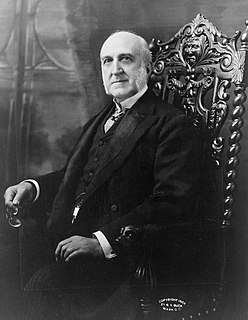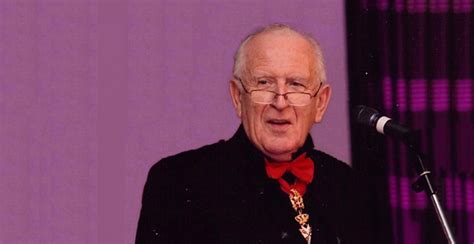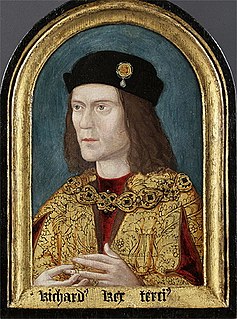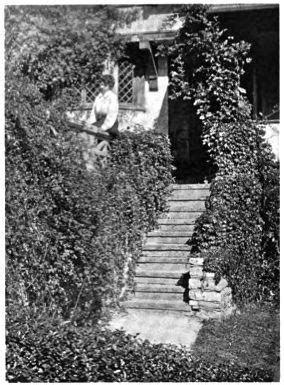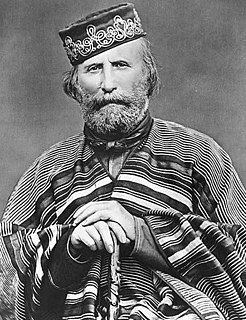A Quote by Chauncey Depew
Neither realism nor romance furnishes a more striking and picturesque figure than that of Christopher Columbus. The mystery about his origin heightens the charm of his story.
Related Quotes
No author, without a trial, can conceive of the difficulty of writing a romance about a country where there is no shadow, no antiquity, no mystery, no picturesque and gloomy wrong, nor anything but a commonplace prosperity, in broad and simple daylight, as is happily the case with my dear native land.
Neil Armstrong was no Christopher Columbus. In most respects, he was better. Unlike the famous fifteenth century seafarer, Armstrong knew where he landed. He also spent his time in public service, not in jail, and his passing was marked by world-wide encomiums. He ended his days as a celebrated explorer rather than a royal inconvenience.
A romance novel is more than just a story in which two people fall in love. It's a very specific form of genre fiction. Not every story with a horse and a ranch in it is a Western; not every story with a murder in it is a mystery; and not every book that includes a love story can be classified as a romance novel.
Just what is the civil law? What neither influence can affect, nor power break, nor money corrupt: were it to be suppressed or even merely ignored or inadequately observed, no one would feel safe about anything, whether his own possessions, the inheritance he expects from his father, or the bequests he makes to his children.
All work, the genuine work which we must achieve, is that which is most difficult and painful: the work on ourselves. If we do not freely take upon ourselves this pre-acceptance of the pain and torment, they will be visited upon us in an otherwise necessary individual and universal collapse. Anyone disassociated from his origin and his spiritually sensed task acts against origin. Anyone who acts against it has neither a today nor a tomorrow.
And for a disciple thus freed, in whose heart dwells peace, there is nothing to be added to what has been done, and naught more remains for him to do. Just as a rock of one solid mass remains unshaken by the wind, even so, neither forms, nor sounds, nor odors, nor tastes, nor contacts of any kind, neither the desired, nor the undesired, can cause such an one to waver. Steadfast is his mind, gained is deliverance.
There is no hope for the world unless and until we formulate, accept and state publicly a true moral code of individualism, based on man's inalienable right to live for himself. Neither to hurt nor to serve his brothers, but to be independent of them in his function and in his motive. Neither to sacrifice them for himself nor to sacrifice himself for them.
There is a popular superstition that "realism" asserts itself in the cataloguing of a great number of material objects, in explaining mechanical processes, the methods of operating manufactories and trades, and in minutely and unsparingly describing physical sensations. But is not realism, more than it is anything else, an attitude of mind on the part of the writer toward his material, a vague indication of the sympathy and candour with which he accepts, rather than chooses, his theme?
In his garden every man may be his own artist without apology or explanation. Each within his green enclosure is a creator, and no two shall reach the same conclusion; nor shall we, any more than other creative workers, be ever wholly satisfied with our accomplishment. Ever a season ahead of us floats the vision of perfection and herein lies its perennial charm.
Here lies a she sun, and a he moon there; She gives the best light to his sphere; Or each is both, and all, and so They unto one another nothing owe; And yet they do, but are So just and rich in that coin which they pay, That neither would, nor needs forbear, nor stay; Neither desires to be spared nor to spare. They quickly pay their debt, and then Take no acquittances, but pay again; They pay, they give, they lend, and so let fall No such occasion to be liberal. More truth, more courage in these two do shine, Than all thy turtles have and sparrows, Valentine.
